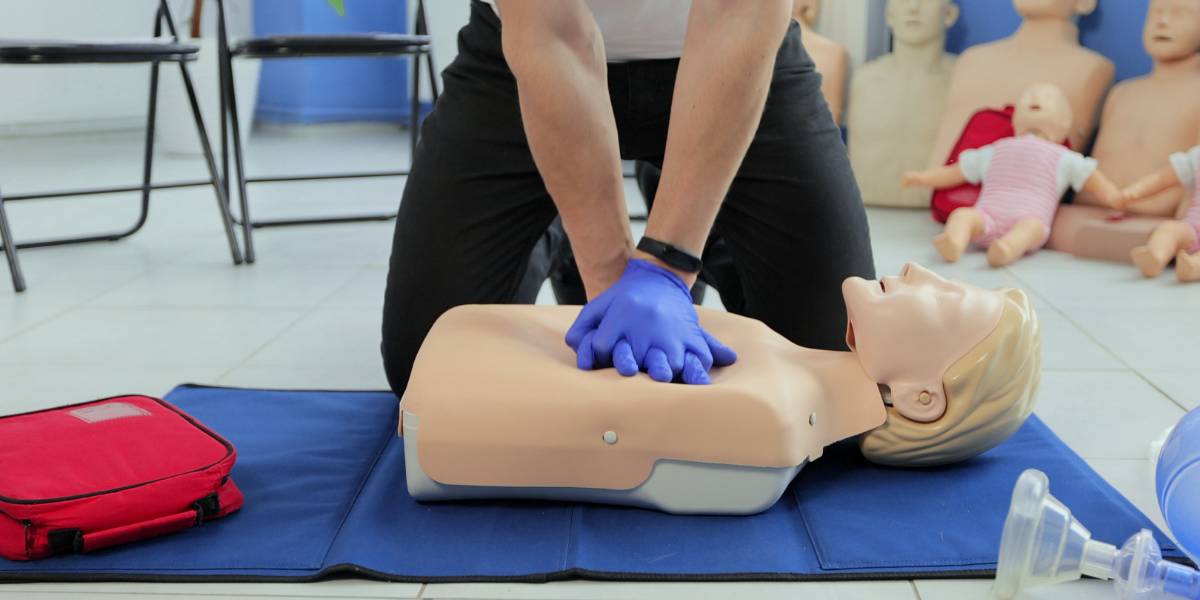Frozen shoulder, also known as adhesive capsulitis, occurs when ligaments around the shoulder joint swell and become stiff.
The inflammation of this tissue can make normal healing hard and result in your shoulder being so stiff that everyday activities can be troublesomen, such as buttoning your shirt.
Frozen shoulder can be very painful for sufferers, which is normally followed by increasing stiffness after around nine months. Symptoms can get worse over a number of months and years and greatly affect movement.
Patients with frozen shoulder can ease their symptoms, but this can sometimes take several years.
Connection with diabetes
Research has shown that people with diabetes are up to twice as likely to suffer from frozen shoulder. Dr. Richard Bernstein reports this is due to effects on collagen in the shoulder, which holds the bones together in a joint.
Collagen can become sticky if sugar molecules become attached, resulting in movement being restricted and the shoulder beginning to stiffen. This process is known as glycosylation.
Poorly controlled diabetes has long been linked to muscular and skeletal problems, with consistently high blood sugars likely to increase the risk of complications such as frozen shoulder.
Symptoms of frozen shoulder
Pain and stiffness are the two main symptoms of frozen shoulder, which can vary from being mild to severe enough that you may not be able to move your shoulder.
Symptoms typically affect patients across three different stages:
- Stage one: Freezing (lasts between six weeks to nine months) – your shoulder will become very painful and can result in range of motion being lost
- Stage two: Frozen (lasts between four to 12 months) – your pain may ease, but your shoulder could become increasingly stiff
- Stage three: Thawing (lasts between six months to many years) – ability to move your shoulder will improve and you may be able to resume doing more everyday tasks
Individuals can experience great differences in symptoms, but early diagnosis and treatment can reduce their severity. In a minority of cases, symptoms can last for a number of years.
Causes of frozen shoulder
It is not fully understood why frozen shoulder occurs. As one person’s symptoms can be different to another’s, it can be hard to categorically say what causes the condition.
There are a number of causes that are believed to increase the risk of developing frozen shoulder, including:
- Other health conditions – such as diabetes, heart disease , stroke , overactive and underactive thyroid
- Recent surgery or injury – frozen shoulder can develop after a shoulder or arm injury or surgery – this may be partly due to keeping your shoulder still for prolonged periods during your recovery
- Age and gender – frozen shoulder most affects people aged between 40 and 60, while women are more likely to develop the condition than men
- Altered arm mobility – not moving your shoulder for long periods, such as during a stay in hospital, or participating in an activity that involves arm rotatio, overweight weight lifting and sudden stress via injury can cause frozen shoulder
- Other shoulder conditions – such as calcific tendonitis and rotator cuff tear
Diagnosis of frozen shoulder
You should see your doctor if you feel any persistent pain in your shoulder, especially if this is limiting your shoulder movement. Early diagnosis of frozen shoulder can help prevent long-term symptoms and get you on treatment for stiffness and pain as soon as possible.
A physical examination will be conducted by your doctor to evaluate your pain and range of motion. You will be asked to perform tasks such as raising your hands up, touching your opposite shoulder and scratching your back.
You will also be asked about your symptoms, including their severity, when they started and if you have any other health conditions. A blood test may be conducted to rule out other possible health conditions.
If frozen shoulder cannot be identified from symptoms alone, imaging tests such as X-rays, ultrasound scan and an MRI (magnetic resonance imaging) scan may be conducted to rule out physical problems with your shoulder.
Treatment for frozen shoulder
Treatment for frozen shoulder focuses on controlling the pain and helping restore some movement. This can vary across levels of severity.
Shoulder exercises and stretching is commonly advised to keep the shoulder from further stiffening.
Your doctor or physiotherapist will run through this with you, as well as the prospect of deep massage of the affected tendons and trigger points.
Anti-inflammatory painkillers may be advised to ease the pain, as well as ordinary painkillers such as codeine.
A steroid injection to reduce inflammation can provide relief from symptoms, while surgery may be considered when all other treatments are not helping.






